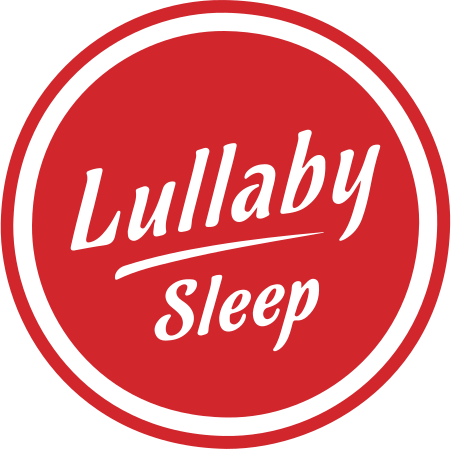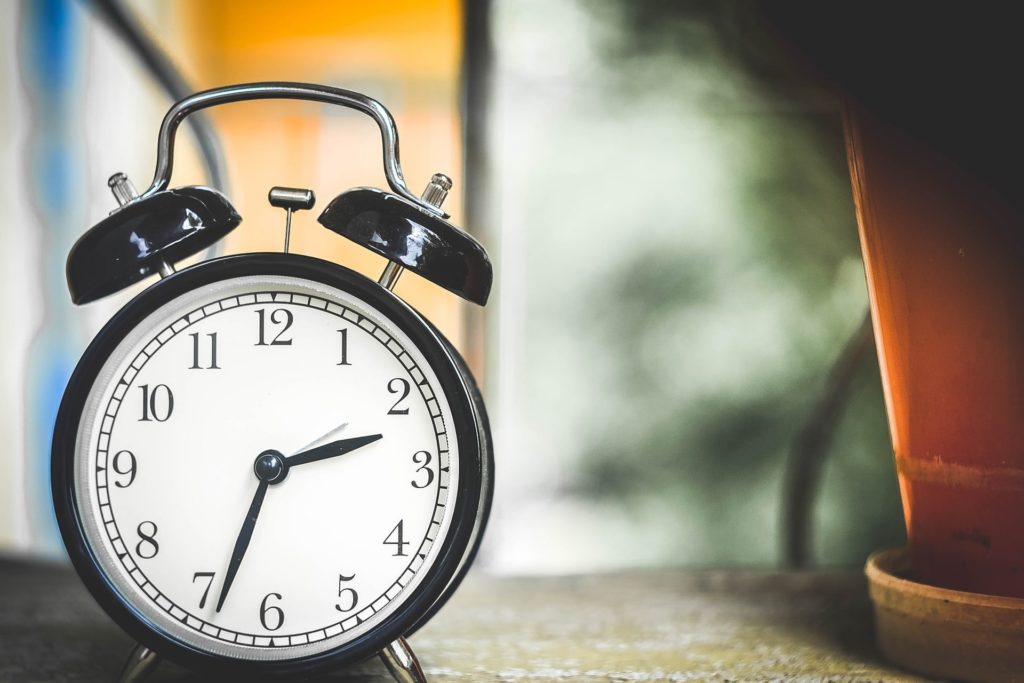It’s that time of year again where we get to leave work while the sun is still shining and save on our electricity bills. The clocks will go forward by an hour on Sunday 2nd October at 2 am so that we get an extra hour of light in the evening. While daylight savings can have plenty of benefits, it can also wreak havoc with our sleep cycle. Daylight savings can have an effect similar to mild jet lag, as our internal clock is powered by melatonin which is stimulated by sunlight, meaning we often don’t quite feel ourselves for the first week or so.
Here are a few tips to help you adjust your internal body clock and ease the transition into daylight savings time:
- Set your alarm to wake up half an hour earlier than usual on the weekend to get you ready for what will feel like an earlier wakeup during the workweek ahead.
- As soon as you wake up, open the blinds and flood the room with lots of light. This will give your brain the signal that it really is time to get up. If possible, try to get outside into the sunlight for at least a few minutes each morning.
- Make sure you aren’t staying up late and not leaving yourself enough hours to get sufficient sleep. While you might be able to handle the occasional late night normally, you will be more vulnerable to tiredness during this transitional time.
- Make sure you eat dinner well before bedtime and try not to make it the heaviest meal of the day.
- Eat a hearty breakfast to kick-start your metabolism.
- Avoid drinking tea, coffee, cola or energy drinks after 1 pm as this might make it harder to fall asleep.
- Also try to avoid drinking alcohol in the evening, as this will damage the quality of your sleep and make it harder for your body to adjust.
If you follow these tips, you should be able to fully enjoy those long spring afternoons and long summer nights without losing sleep. If you’re concerned about the quality of your sleep, Lullaby Sleep Clinic can help. Dr Levi is a Sleep Disorder Specialist with over 20 years’ experience in helping patients finally get a good night’s sleep.

